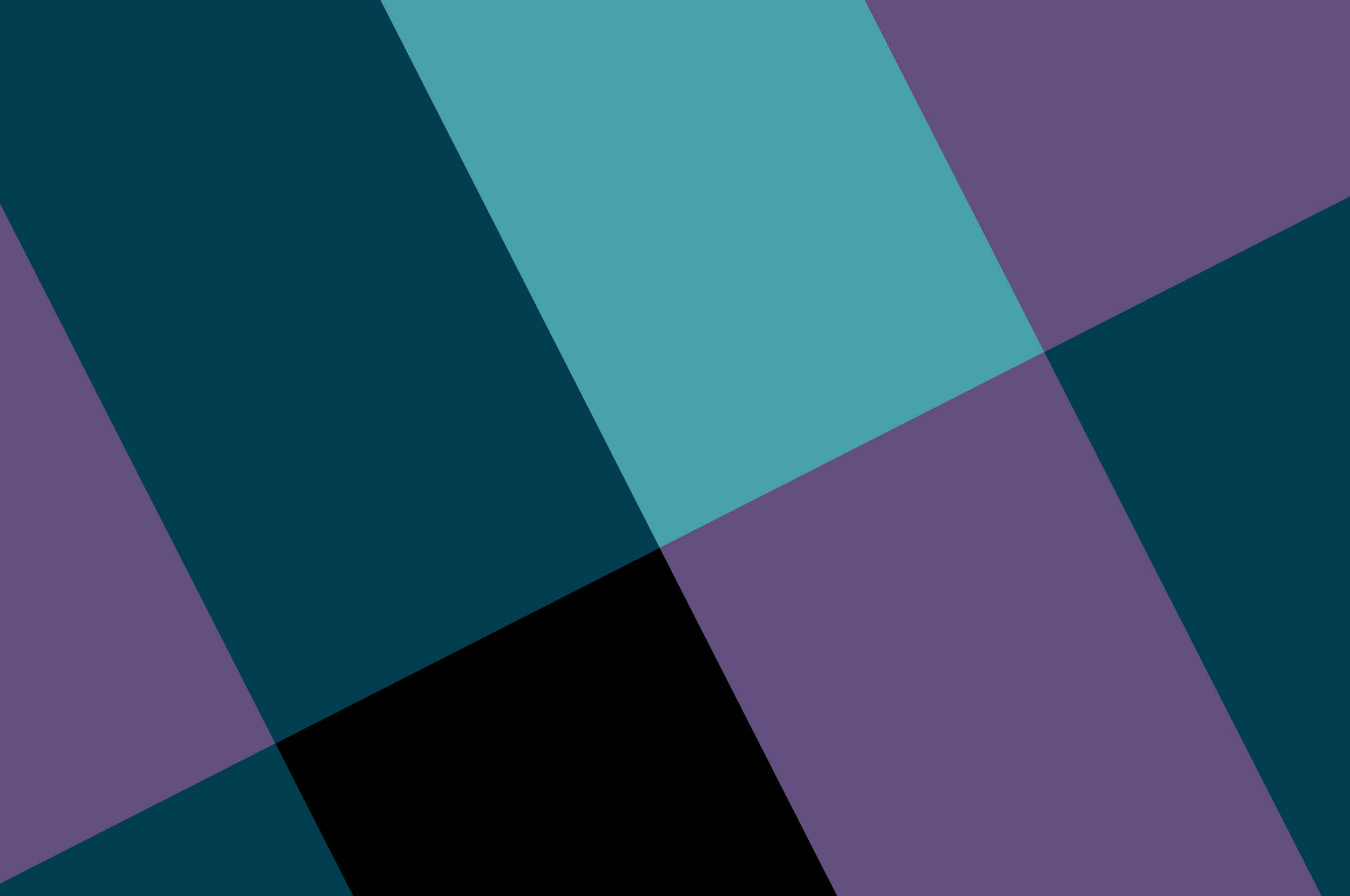Global software and technology consultancy Thoughtworks has always been a leader in bridging the gender divide. Its efforts have been recognized by multiple awards and certifications. Here is a closer look at how Thoughtworks’ women engineers and data scientists are leading the charge in emerging technology.


Data and AI:
Data is emerging as a core asset for enterprises and Thoughtworks ensures the domain is treated with due diligence through data governance, data security and data quality. The best engineers and technologists with core skills in big data tools are helping the technology consultancy nail client requirements.
Balvinder Khurana, a data solutions architect with Thoughtworks, drives two major client projects focused on data transformation. One of them helps a company enhance customer experience. Khurana is helping the client define their data strategy, data architecture and roadmap for a data platform on the cloud. This will provide the client with a unified and clear view of customer actions, at scale. In the second project, Khurana is helping another client build a modern data platform on a foundation of data mesh principles, powering real-time data.
Khurana says being a technologist at Thoughtworks gives her an opportunity to work on “bleeding-edge technology”, while solving a business’s most important problems. She says, “We also make sure we meet the clients at the right point in their journey and move together to more advanced and future-ready technologies.”
Arti Pande who is a data architect at Thoughtworks echoes this and says, “building highly scalable solutions with cutting-edge technology is an interesting challenge. Technologists are encouraged to pursue interests in technology and apply learnings when helping clients solve their most critical problems.” She is leading the data architecture modernization for a company aimed at real-time processing of transactions at scale and ensuring high-throughput at millisecond latency.
According to Pande, two critical skills help propel large-scale enterprise platform transformations - “having a sound understanding of the fundamentals of distributed systems being used." This understanding will help make the right trade-offs, from day-one, to meet required scalability and resilience SLAs and it will also help “navigate transformative conversations with senior client stakeholders through content that’s tailored for ‘abstraction-levels’ with the right mix of the macro and micro view.”
Pande’s sense of fulfillment that comes from working in a cutting-edge field is mirrored by Shraddha Surana, a Thoughtworks technologist who works with AI. Surana says she feels fortunate because she gets to “work on a wide variety of projects across domains – right from customer churn, chatbots, NLP, statistical analysis and price optimization to predicting properties of star formation in galaxies, analyzing images of the Sun across many frequencies and generating antiviral peptides to aid in drug discovery.”
Surana is currently working on training a machine learning model on a very large dataset that is distributed across several machines. She is responsible for the project’s end-to-end implementation, right from data sourcing to identifying kinds of data to be used in production. Surana says, “I see my work as problem solving rather than only as a data science/AI project. This includes being able to figure out what exact problem to solve.”
Another Thoughtworks technologist who works in the advanced tech space, Ujjaini Alam is working on three projects with an AI/ML focus. This work is in collaboration with scientists at different research institutes.
“The first uses unsupervised clustering techniques to extract information from a large dataset consisting of images of the sun in radio frequencies. The second utilizes supervised learning techniques to predict local weather. And the third is part of a drug discovery hackathon, where we use reinforcement learning techniques to test various drugs for compatibility with viral proteins,” she says.
The goal in all three projects is twofold Alam adds, “First, to solve difficult scientific problems using the best tools available in the AI/ML toolkit. Second, to test out the newest techniques available to us for their power and utility.” This allows her to understand which algorithms can shape future trends in the AI/ML space.


Infrastructure automation:
Thoughtworks infrastructure automation engineers and scientists focus on building robust, resilient, scalable and highly available infrastructure platforms. Archana Chillala works in this area and across industries from healthcare, retail, automotive to agritech, finance and manufacturing. “We are dealing with legacy modernization where we use microservices and/or event-driven architectures, build enterprise cloud platforms and a culture of DevSecOps within client organizations,” she says.
Starting her first project with a small team, Chillala says, gave her plenty of opportunities to get her hands dirty in automation-centric work and building pipelines. “I learnt to set up an open-source build and release tool—GoCD server—from scratch. I wrote automation scripts using Ansible for configuring environments and deploying applications. I later worked on microservices architecture, event driven microservices, serverless architectures and micro frontends,” she adds.
Enterprise modernization:
Nithya Natarajan, a Thoughtworks technologist adds, by talking about putting her own learning into action. She says, “You may not always work with cutting edge technology. There are some clients who prefer very safe or even age-old technologies. It’s important to take time, develop trust and patience to make clients appreciate what today’s technology has to offer.”
Having said that, Natarajan talks about working on some of the most sought after infra work on projects. “I crunch data with powerful tools, IoT technologies that power the smallest of chips as well as the fastest of processors and the latest web technologies. I also work with the fastest and most efficient mobile technologies of the future.”
Thoughtworks technologist Kalarani Lakshmanan who has been involved in enterprise modernization leads projects aimed at replacing legacy applications with modern platforms. Some typical scenarios where legacy apps need a replacement are when older architecture cannot support growing scale and there is a need for an upgraded UX ‘more aligned with latest trends’, or a company feels the need to reduce turn-around time from ideation to implementation so it can experiment and add new features quickly.
Lakshmanan says, “Although I don’t work on cutting-edge technology, I think it is important for IT to follow the business. Having said that, I have had the opportunity to work on interesting and challenging projects around Domain Driven Design (DDD), Event Driven Architecture (EDA) and microservices.”
A recent trend in her field is, "You build it. You run it." Lakshmanan says this gives her the freedom to execute a wide spectrum of functions by wearing multiple hats and taking care of development, ops, security, privacy and telemetry (monitoring / alerting).
But no matter how busy her work schedule gets; she prefers to start the day with writing code. “The day is never complete without this. Coding gives me the feeling of working on the ground, getting my hands dirty and that’s what I love,” she adds.
Thoughtworks wants to be a home for ALL technologists to deliver extraordinary impact. If you are interested in being a part of a vibrant community where technologists from all walks of life come together to build solutions that look past the obvious, click here for more information.
Disclaimer: The statements and opinions expressed in this article are those of the author(s) and do not necessarily reflect the positions of Thoughtworks.


















